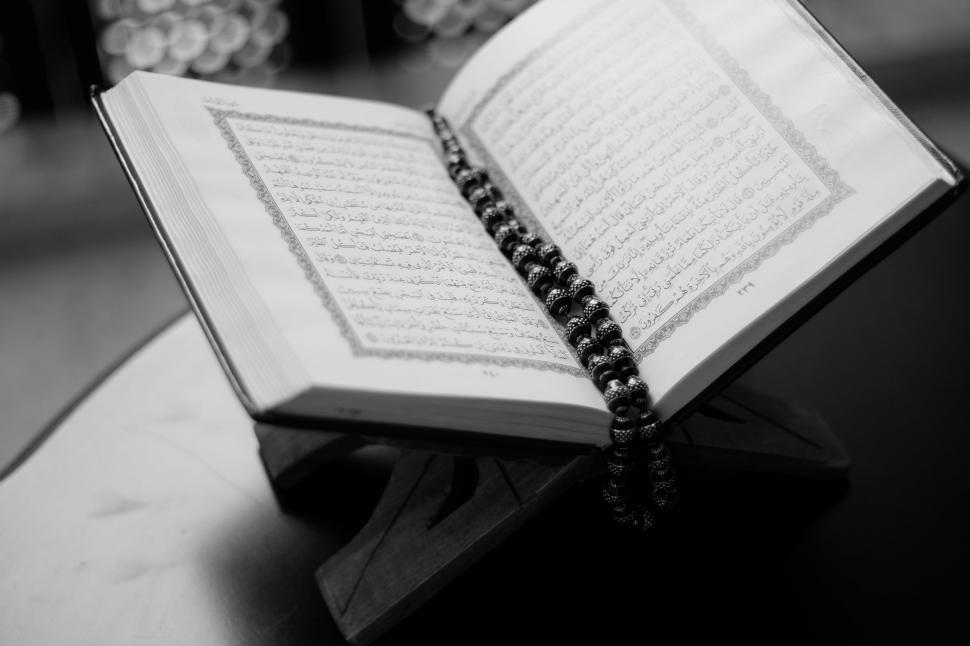
What is the Shahada?
The Shahada (shahadah) is the Arabic phrase that signifies the declaration of faith in one God (Allah) and His messenger.
What does the Shahada mean?
Transliteration:
“Ash-hadu an la ilaha illa Allah, Wa ash-hadu anna Muhammadan Rasulu-Allah.”
Translation:
“I bear witness that there is no God but God (Allah)—none is worthy of worship except Allah—and Muhammad is the Messenger of Allah.”
This statement is the most sacred affirmation in Islam and must be recited with full awareness and understanding of its meaning.
Why is the Shahada important?
Belief in one Allah is the cornerstone of the Islamic faith, around which all other beliefs revolve. Muslims are reminded of this fundamental principle through the recitation of the Shahada during each of the five daily prayers and at many significant moments in their lives.
The second part of the Shahada emphasizes the belief in Prophet Muhammad (peace be upon him) as Allah’s messenger. This not only highlights the Prophet’s importance but also reinforces the concept of monotheism, reminding Muslims not to associate partners with Allah, who remains the one true God.
Five facts about the Shahada:
- One of the Five Pillars:
The Shahadah is one of the five pillars of Islam, serving as a sacred testament for Muslims to uphold throughout their lives and reflect in their actions and intentions.
- Recitation in the Athan (اذان):
The Shahadah is included in the Athan (call to prayer).
- Recitation during Salah:
Muslims recite the Shahadah once or twice during their Salah, which they perform five times a day.
- Acceptance of Islam:
For those wishing to convert to Islam, reciting the Shahadah signifies their entrance into the faith and their new identity as Muslims.
- Recitation to Newborns:
The Shahadah is spoken as the first words a Muslim baby hears, as part of the adhan, and Muslims aspire for it to be the last words they utter before death.
Learn more about: Salah
Read also: An Easy Guide to the Five Pillars of Islam


